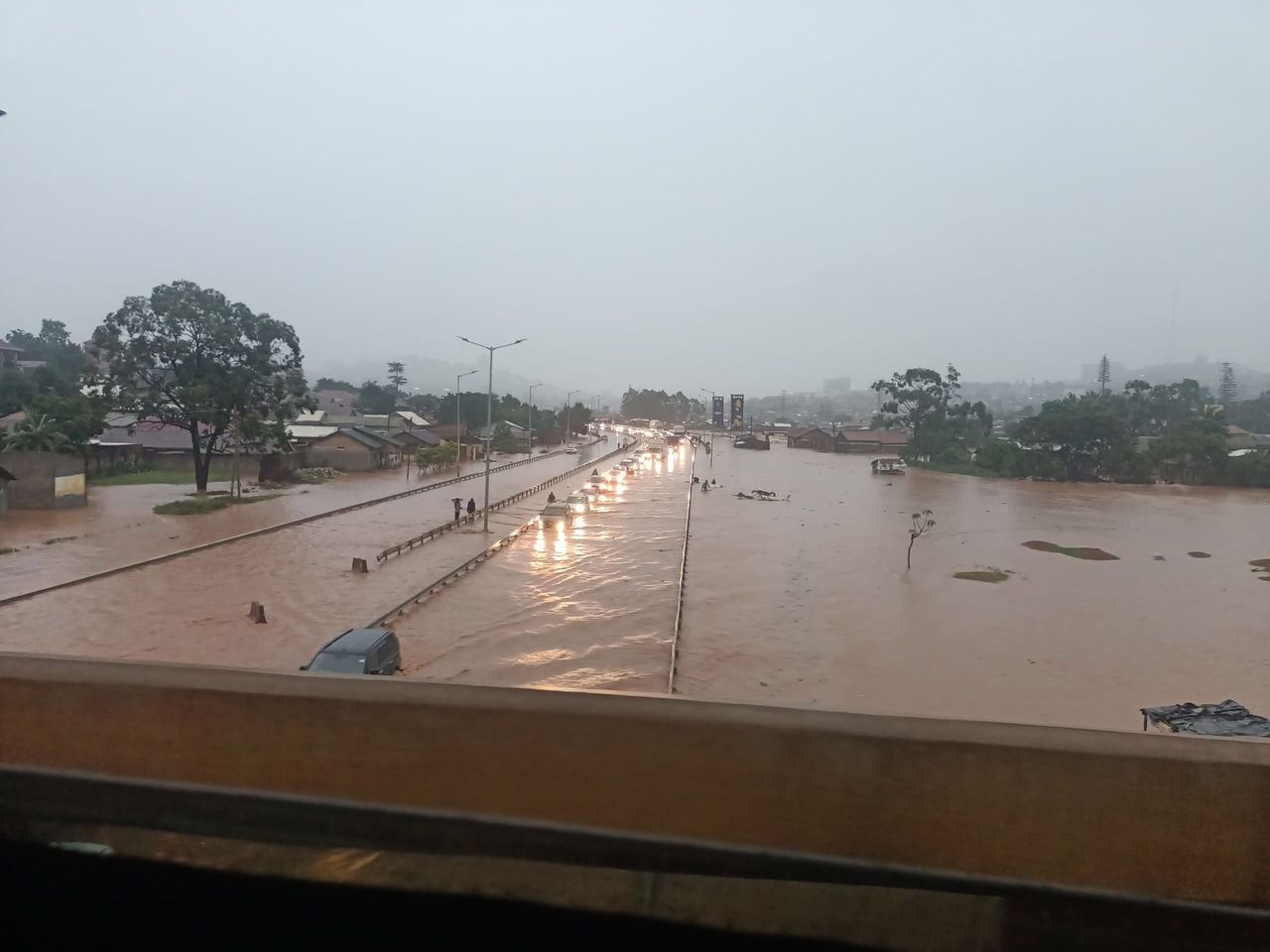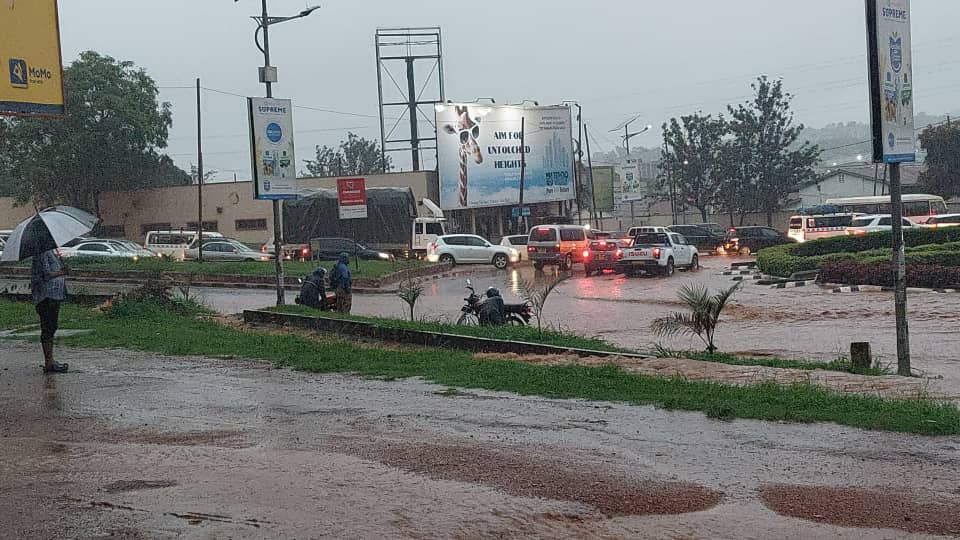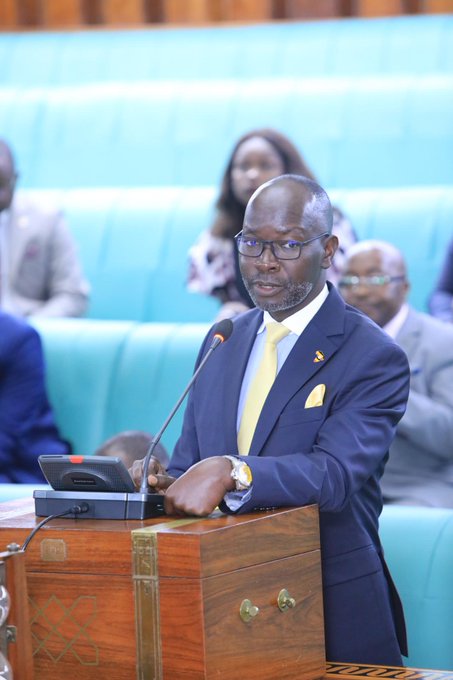Government Chief Whip Denis Hamson Obua has extended condolences to families affected by the recent devastating floods, while warning that Uganda could face worsening weather conditions in the coming months.
Speaking in Parliament on Thursday, Obua outlined the government’s response and urged for increased environmental conservation efforts.
According to Obua, the Ministry of Water and Environment has attributed the extreme weather conditions—ranging from scorching temperatures to heavy rains—to both natural and human-induced factors. He explained that the prolonged dry spell from December 2024 to February 2025 was driven by natural phenomena such as tropical cyclones and the movement of the sun.
“The Ministry explained that the intense heat was largely influenced by natural phenomena, including tropical cyclones and the movement of the sun,” Obua said.

As Uganda enters the peak of the rainy season, Obua warned that the nation should brace for more severe weather events.
“March, April, and May will be characterized by isolated thunderstorms, strong winds, lightning, hailstorms, and heavy rainfall,” he cautioned, highlighting the potential for further damage to infrastructure and livelihoods.
The floods, which have already displaced hundreds and caused significant loss of life, are part of a broader climate pattern affecting East Africa. Urban areas, particularly in Kampala, have experienced severe flooding due to poor drainage systems and unregulated construction in wetlands.
Obua underscored the role of human activity in exacerbating the crisis. “This is not entirely beyond our control. Our failure to protect the environment has worsened the situation. We must become champions of environmental conservation,” he urged.
In response to the crisis, key government agencies—including the Kampala Capital City Authority (KCCA), the Office of the Prime Minister, and national disaster response teams—are coordinating efforts to manage the impact. Discussions are underway to improve emergency response and long-term mitigation strategies.

Environmental experts have called for urgent action, including reforestation, protecting wetlands, and improving urban planning to prevent future disasters. Meanwhile, humanitarian organizations are mobilizing to provide relief to affected communities as the country prepares for more heavy rains in the weeks ahead.
The government’s message is clear: without immediate and sustained environmental conservation efforts, Uganda faces an increasingly unpredictable and dangerous climate future.







